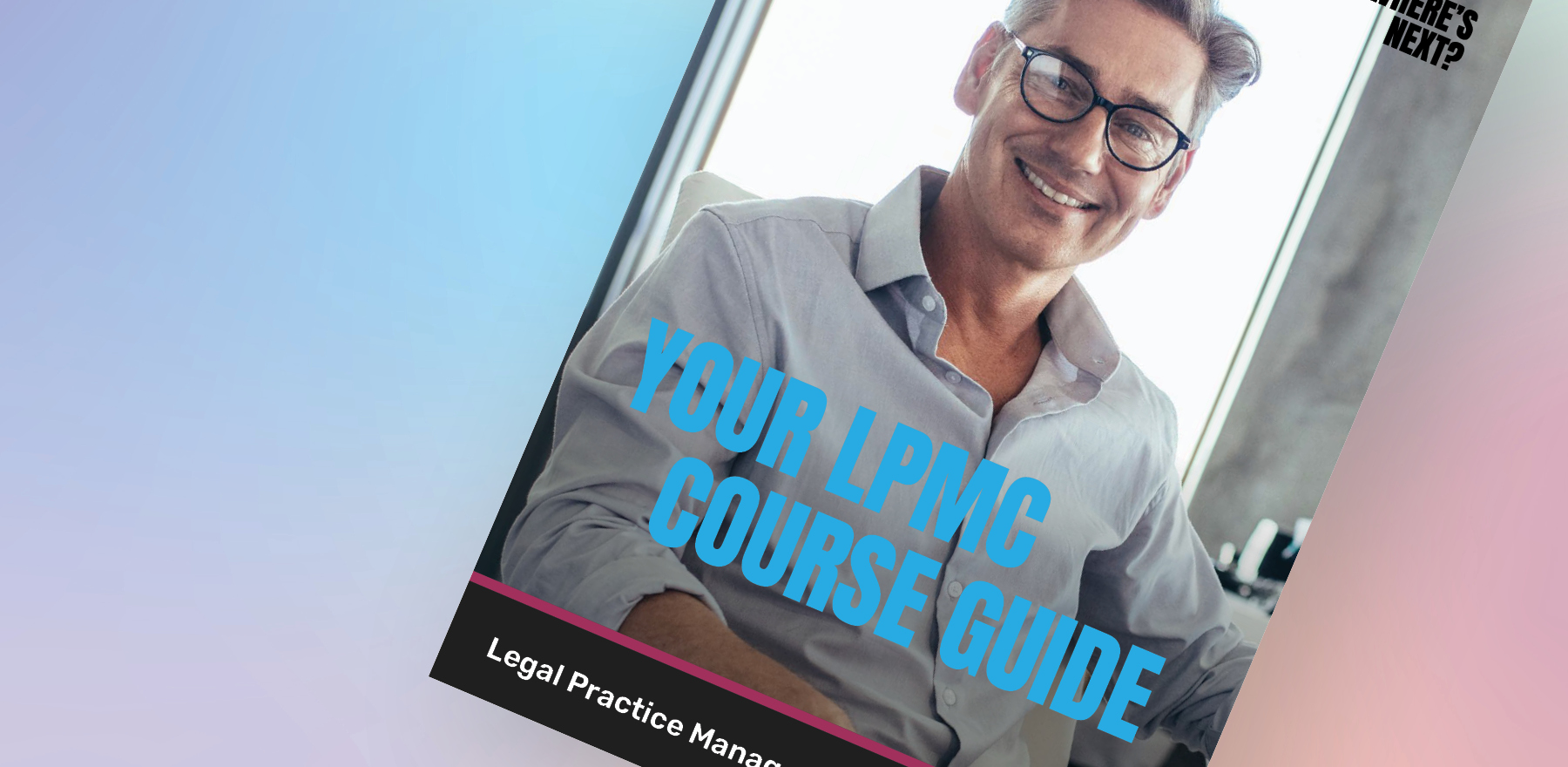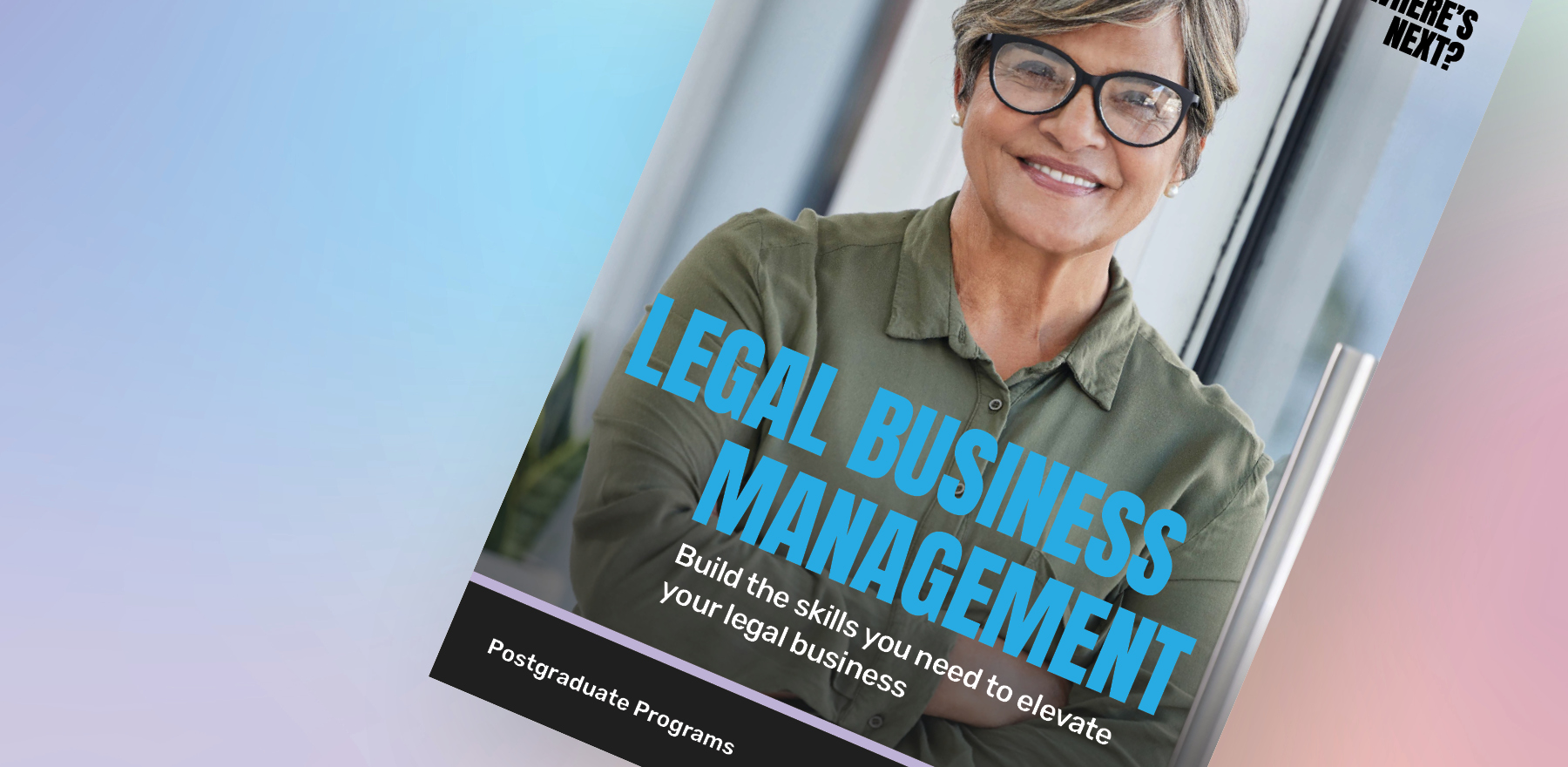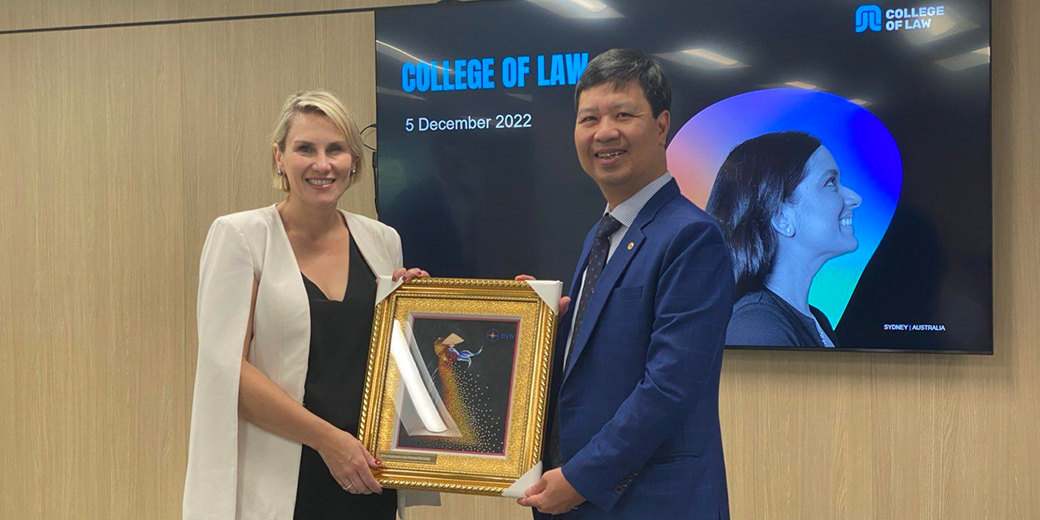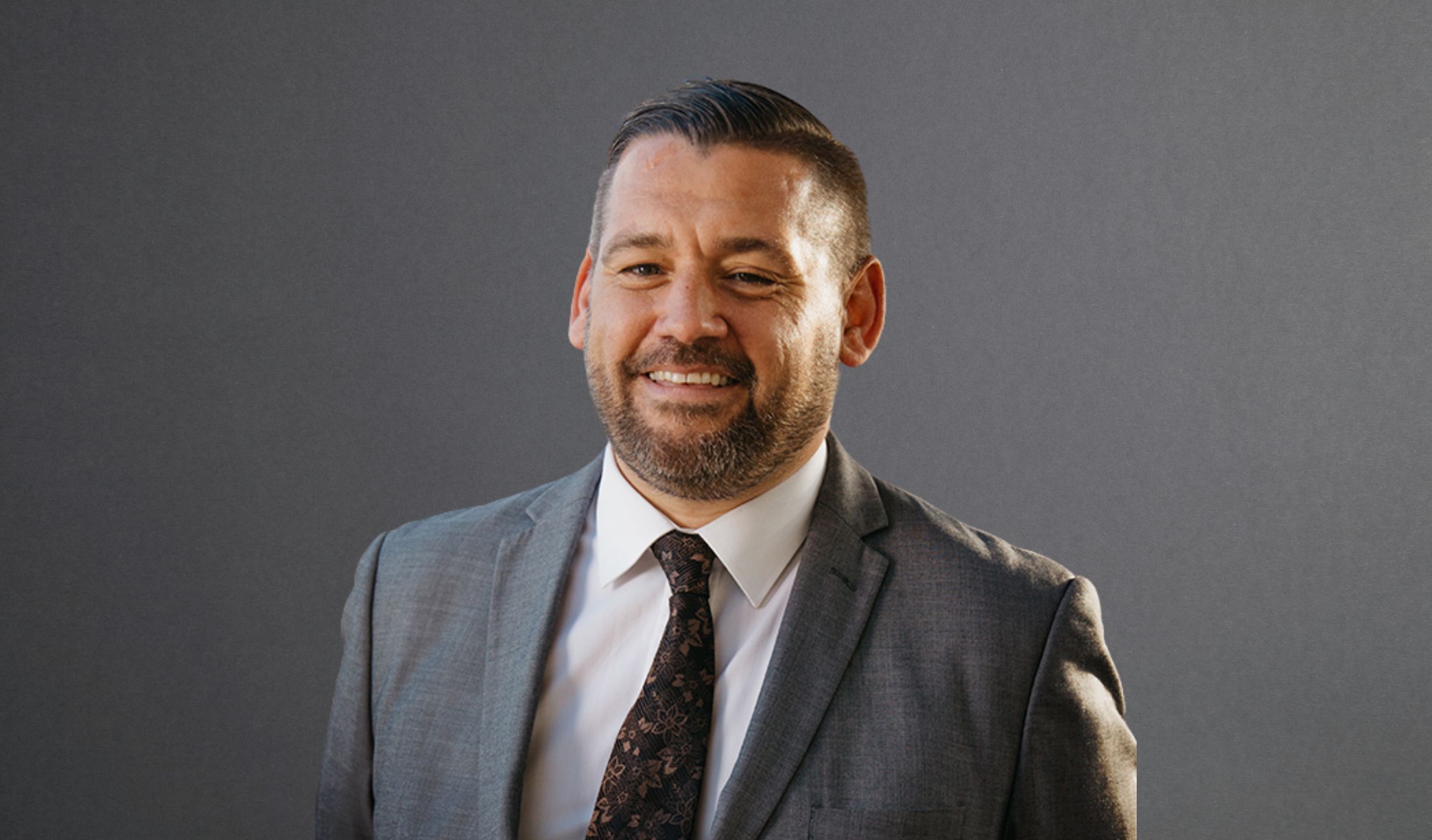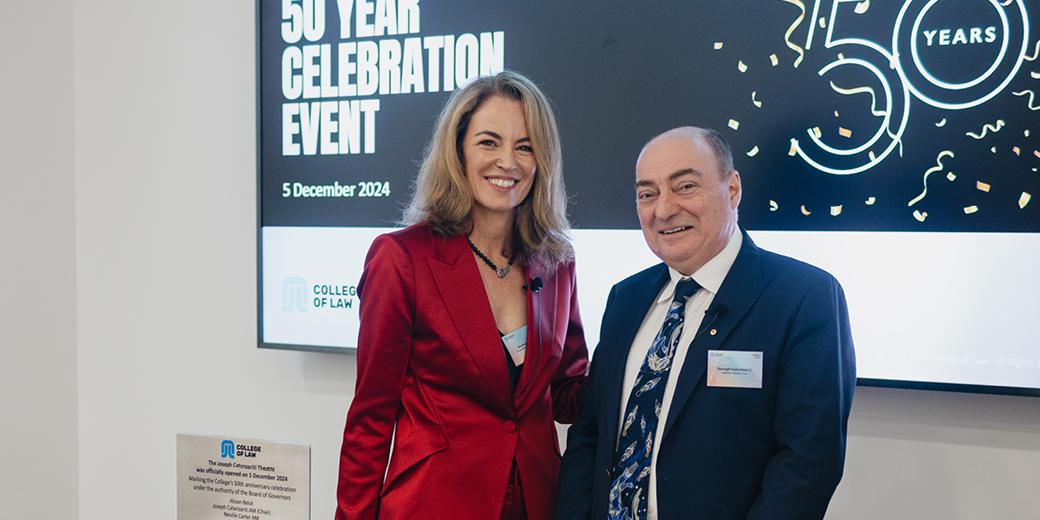Many lawyers view business development as someone else's job—a task for the marketing team or the partners. However, at some point, you’ll eventually need to bring in business. Whether you’re advancing to partnership, becoming a barrister, moving in-house, or launching your own practice, entrepreneurial skills are the invisible ladder to climbing higher.
So how do you cultivate this commercial mindset? We spoke with Wenee Yap, a trained lawyer who now coaches lawyers on developing their entrepreneurial edge. Wenee co-authored Riding the Unicorn: The Startup Guide You'll Want To Read, a comprehensive ‘idea-to-IPO’ guide to building and scaling businesses. The book features insights from LegalVision founder Lachlan McKnight and Olympian-turned-legal entrepreneur Hayder Shkara, who transformed a single $20,000 investment into a multi-state legal empire.
In this article, we'll explore practical approaches to bringing entrepreneurial thinking into your legal career, with lessons from Hayder and Lachlan's contrasting paths to success.
You don’t need an MBA to become more entrepreneurial
Wenee leads workshops to help lawyers develop their entrepreneurial side.
“What most lawyers don’t realise is that they don’t need to become experts in digital marketing to get better at business,” Wenee explains. “It’s more about building their reputation with a broader community that might someday become their clients. Marketing begins with the individual. You might choose to post more regularly on social media, get more involved in the community, attend events frequented by your clients.
“Focus first on where your clients are and what they worry about. This will guide what kind of marketing you do to reach them.”
For example, you might recognise criminal lawyer Raymond Zhai from his Instagram (27K followers) and TikTok (1.4M likes). Raymond has made a name for himself with quick hits of tongue-in-cheek criminal law advice – from what to do if you’re arrested, caught sneaking drugs into festivals, to explainers on coercive control.
“His relatable style aims for a mass market,” Wenee says. “You won’t find Raymond publishing journal articles or case notes. He’s focusing on short content that’s funny, useful and likely to get shared around. But he’s also subtly establishing himself as an authority for potential clients.”
In contrast, divorce lawyer Selina Nikoloudakis focused on in-person connections, setting up a networking group of Adelaide professionals. Initiatives like this, and attaining specialist accreditation, allowed her to establish her own firm with a full client roster.
“Both are valid approaches to building business and attracting clients,” Wenee says. “Both work whether you’re working for someone else or building your own firm. If you focus on building your reputation and finding where your clients spend their time, you’re developing a more entrepreneurial mindset as a lawyer. You don’t need an MBA for this. It’s just a different way of seeing the world.”
From $20k to multi-state practice: An Olympian’s approach to legal growth
Hayder Shkara started his first firm, Justice Family Lawyers, just eight years ago with a modest $20,000 investment. Since then, he's strategically acquired firms in Melbourne and Queensland, establishing what Wenee calls "a textbook example of intelligent legal expansion" across Australia's eastern states.
"There's a very strong reason why I started acquiring law firms, and it was quite a conscious decision," Hayder says.
Wenee describes Hayder's strategy as “remarkable” due to his methodical approach to growth.
"Unlike many lawyers who focus solely on attracting more clients to a single location, he identified the natural ceiling that exists in any local market,” Wenee says.
Hayder recognised all businesses are limited to their market size, demographics, and offering.
"It might simply be easier – and more profitable – to just open in a new location. As I grew my law firm, I knew I offered a niche service with a somewhat limited market. You're confined to the people in the area, and especially in the legal industry, whether they can afford your services," Hayder explains.
According to Wenee, Hayder demonstrates what she calls 'strategic acquisition thinking’, the ability to look beyond surface-level metrics when evaluating potential firms to acquire.
"The main thing I look for is how reliant the firm is on the vendor’s outgoing principal," Hayder says. "You've got to be careful that your acquisition isn't just based on that person's goodwill with the community. The value of the business can't be largely dependent on one person."
The Olympic mindset that served Hayder in sports has clearly transferred to his business approach. He focuses on specialised practices that can be efficiently systematised and marketed as distinct brands in their local communities.
"What many lawyers miss about Hayder's story is that specialisation isn't just about legal expertise – it's a business strategy," Wenee says. "By focusing on niche areas, he creates clearer market positioning, more efficient operations, and ultimately, more profitable businesses. It's the entrepreneurial mindset in action."
Why LegalVision isn’t trying to be BigLaw
LegalVision began as a humble online document business before evolving into what Wenee describes as "a legal services buffet" – providing businesses with unlimited access to legal advice at a fixed fee. Despite his top-tier law background, Lachlan McKnight deliberately steered away from the BigLaw model, instead, targeting small to medium businesses that traditional firms often overlook.
"What makes LegalVision fascinating is how deliberately they zigged when everyone else zagged," Wenee says. "They identified a gap in the market – businesses that needed ongoing legal support but couldn't justify the expense of traditional hourly billing. Their membership model completely flipped the script on how legal services could be delivered."
This innovative approach allowed LegalVision to scale rapidly across Australia, New Zealand, and the UK, where they launched as the first provider of membership-based legal services. By 2024, the company reached an impressive $50 million in revenue for its Australian and New Zealand operations, with another $13 million from the UK. Lachlan's ambition extends to hitting $100 million by 2027.
"What lawyers can learn from Lachlan's story is that sometimes the biggest opportunities come from questioning the fundamental business model itself," Wenee says. "He didn't just adapt to the market – he created an entirely new one."
Interviews with Hayder Shkara and Lachlan McKnight are featured in Riding the Unicorn: Forge the Future with a Winning Startup. Published by Wiley in November 2025, this book is available for pre-order here.





